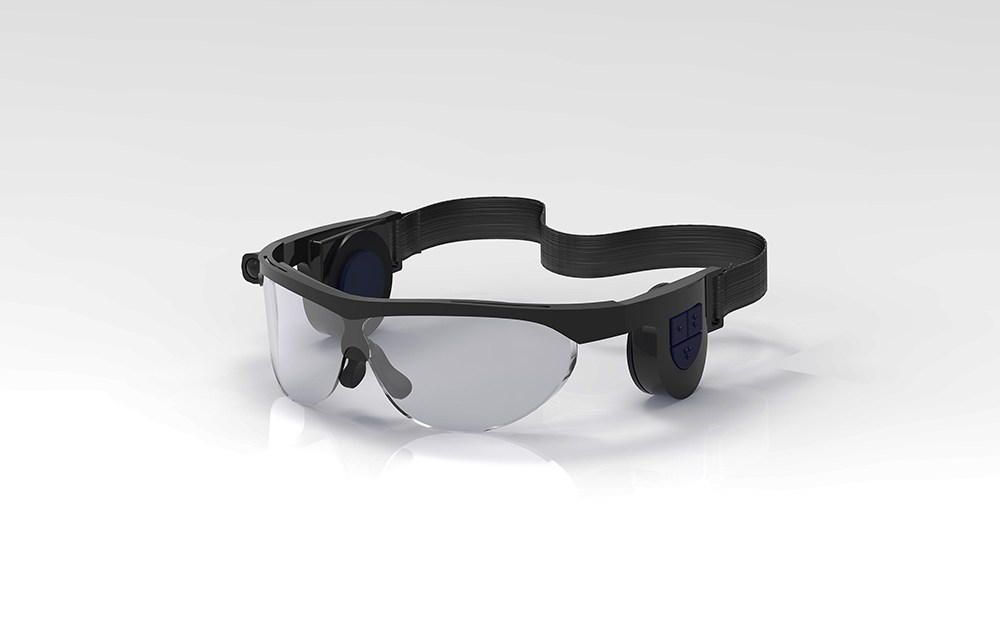A dementia care app, glasses to help athletes with visual impairments, and a smart glove and pegboard aimed at patients who have suffered stroke or serious injury were among the winners of this year’s Blackwood Design Awards.
The annual celebration, first held in 2013, showcases innovations which help disabled people to live a more fulfilling life.
And the winners were announced recently at a ceremony in Edinburgh.
Sara McDermid from the Dementia Services Development Centre at the University of Stirling collected the award for Best Collaborative Project by a university or institute of higher learningfor its Iridis app, which helps to improve living spaces for those with dementia.
The first app of its kind, it makes a simple assessment of a building, recommending changes that can be made.
It addresses physical aspects of design that impact on older people’s quality of life and their ability to live more independently, including lighting, colour contrast and noise.
People living with dementia, their family members, healthcare professionals, construction experts, and designers using the app are asked a series of questions about their surroundings and are then prompted to take photographs.
It will then take just 20 minutes to assess the suitability of a facility for an older person.
The award for Best Aids and Equipment and the award for Best Accessible Technology were both awarded to Neofect for its RAPAEL Smart Glove and RAPAEL Smart Pegboard.
The glove is a high-tech rehabilitation device that captures patients’ movements and saves and transfers this data, enabling them to enhance their recovery.
The Smart Pegboard is a fun way to strengthen fine motor skills following stroke or serious injury by providing activities which require the use of overall grasp and hand manipulation.
Based on patient needs, the activities can be made more or less difficult and a digital training programme lights up the board and interacts with patients as they do their exercises.
It increases overall visual motor skills, memory, decision-making, information processing, hand co-ordination, and perceptual skills.
The Best New Concept category was won by Andrew Taylor for his specially-designed guidance system for visually-impaired athletes which works in a similar way to parking sensors, using sound to guide runners round the track.
He said: “It’s amazing to have won this award.
“It’s very much in the prototype stages at the moment, but I’m working hard to develop it and make it more robust while developing the technology it uses even further.”
The awards are organised by Edinburgh-based charity, Blackwood, which has more than 1,500 homes throughout the country and helps those who are disabled, elderly or with sensory impairments to live more independently.
Max Brown, chairman of the Blackwood board, said: “No matter how detailed or simplistic the entries to the Blackwood Design Awards are; they make a huge difference in helping those living with disabilities to live more independently, which is why we encourage any budding inventor to enter the competition.
“It’s an incredible way to champion the innovative ideas that designers have and helps to act as a platform for them to go on further and develop their products in future.”

Andrew Taylor beat off stiff competition to win one of the awards for his glasses aimed at visually-impaired athletes
